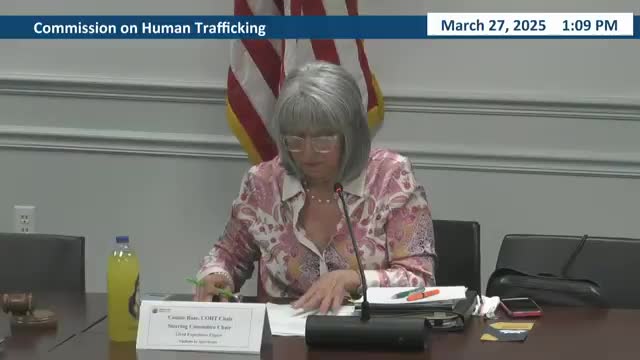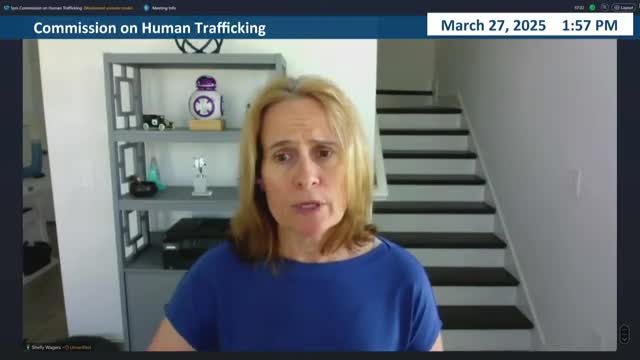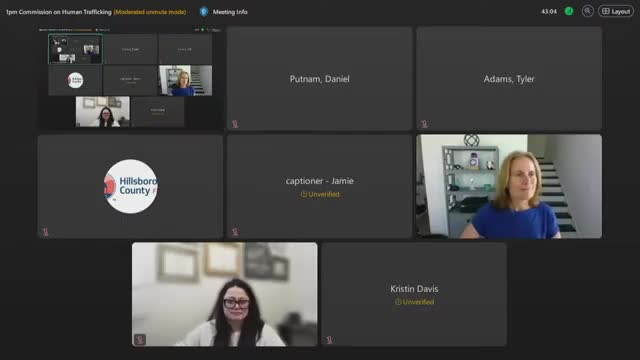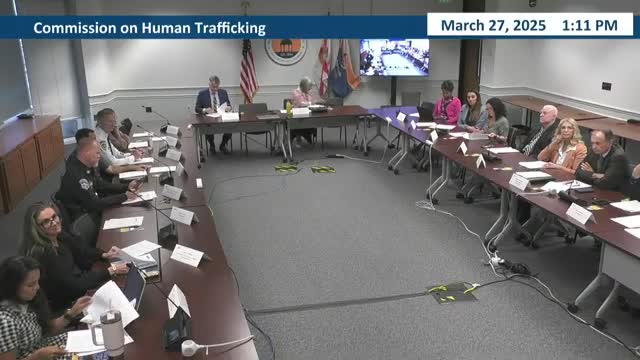Article not found
This article is no longer available. But don't worry—we've gathered other articles that discuss the same topic.

Meeting roundup: commission approves meeting recap, disbands legislative subcommittee, vests RFP decisions to steering committee

Lotus Coalition describes $100,000 county grant to open drop‑in center, expand safe housing and outreach

USF BRIGHT conference proposal sent to steering committee after debate over research budget

